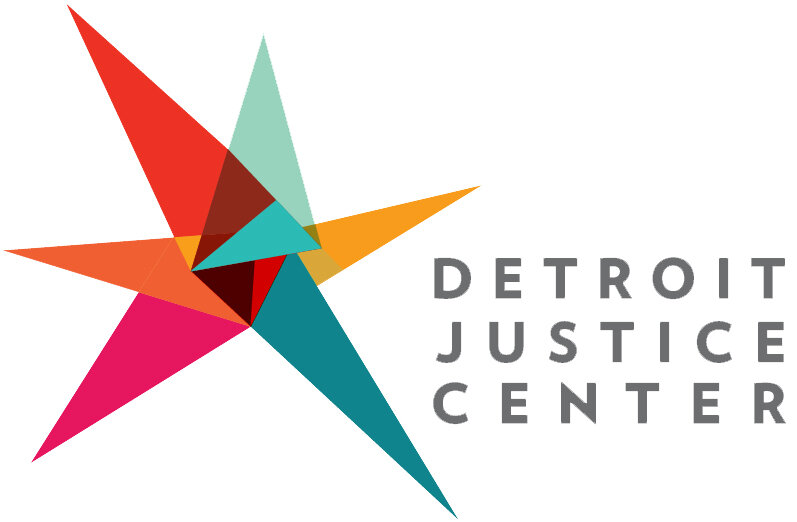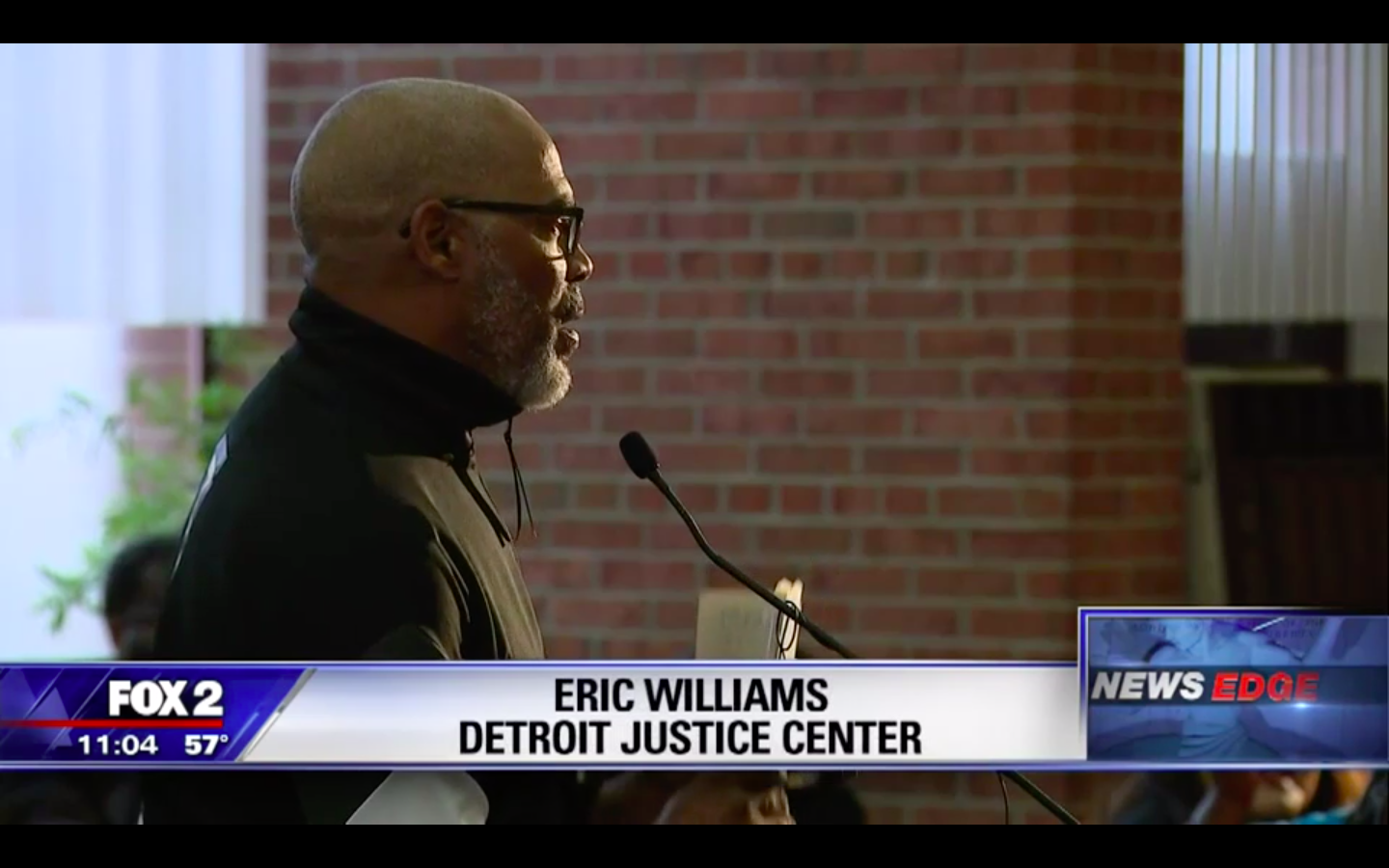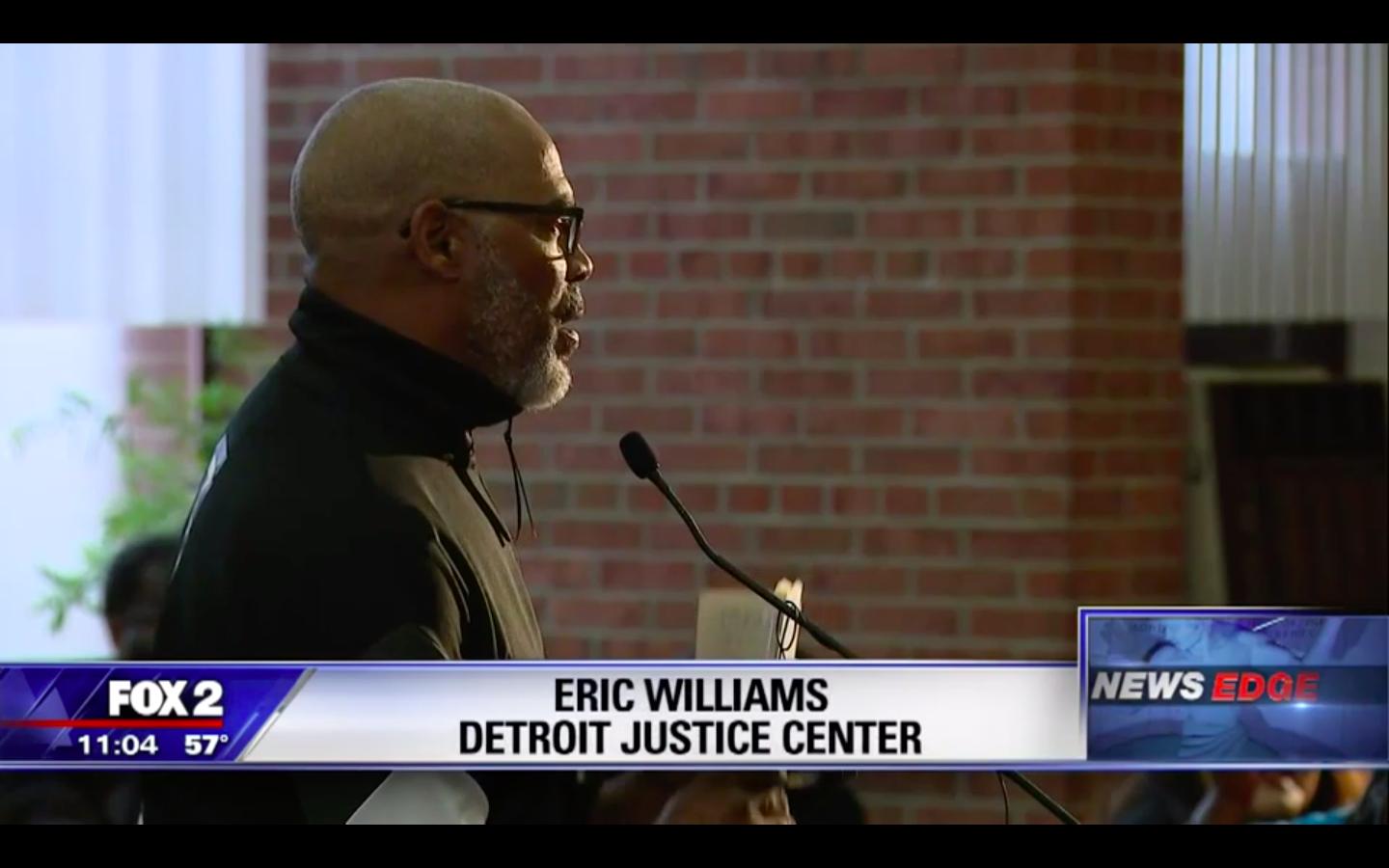DJC signs letter to Detroit Board of Police Commissioners in opposition to the use of facial recognition technology.
From ACLU:
CIVIL RIGHTS COALITION OPPOSES FACIAL RECOGNITION TECHNOLOGY IN LETTER TO DETROIT BOARD OF POLICE COMMISSIONERS
MEDIA CONTACT
Dana Chicklas, 734-945-8857, dchicklas@aclumich.org
FOR IMMEDIATE RELEASE
DETROIT – Today a diverse coalition of twelve local civil rights organizations urged the Detroit Board of Police Commissioners to reject the Detroit Police Department’s (DPD) proposed use of facial recognition technology in a joint letter.
“Facial recognition technology is racially biased and poses a grave threat to privacy,” said Rodd Monts, Campaign Outreach Coordinator for the ACLU of Michigan. “It will disproportionately harm immigrants and communities of color, who already bear the brunt of over-policing. A city like ours should be taking the lead in resisting the use of dangerous and racially biased surveillance technology — not advocating for it.”
The coalition’s letter opposes the facial recognition policy proposed by the DPD on July 25. While the DPD claims it will not use its full surveillance capabilities, the coalition opposes DPD’s use of this surveillance technology in any form. The coalition urges the board to follow the lead of San Francisco, Oakland, and Somerville, Massachusetts, which have also banned police use of facial recognition technology.
“The expansion of facial recognition in Detroit supercharges the capability of live Green Light video feeds, creating terrifying real-time surveillance capabilities,” said Eric Williams, senior staff attorney for the Detroit Justice Center’s Economic Equity Practice. “This tool is dangerous mass profiling that has no place in Detroit.”
The coalition letter highlights the disproportionate impact the use of facial recognition technology will have on communities of color and immigrants. Recent peer-reviewed studies show this technology inaccurately identifies people of color and women. In a majority Black city, facial recognition technology would lead to false identifications and heighten racially discriminatory policing in Detroit. Immigrant communities are also particularly at risk in response to federal agencies, including U.S. Immigration and Customs Enforcement (ICE) and Customs and Border Patrol, which have used facial recognition tools for enforcement actions.
“The proposed facial recognition policy would break the trust between immigrant communities and the Detroit Police Department,” said Dawud Walid, executive director of the Michigan chapter of the Council on American-Islamic Relations (CAIR-MI). “Rather than investing millions of dollars in facial recognition technology that instills fear and targets our communities, we should be investing in the services and resources they need to prosper.”
The letter also documents the disturbing threat to privacy posed by DPD’s use of facial recognition technology. The software the DPD purchased is capable of running real-time facial recognition scans on hundreds of live Green Light video feeds, which means the police could keep track of who comes and goes from medical clinics, churches, schools, hotels, political rallies, AA meetings, and countless other sensitive locations throughout the city. And to use its facial recognition technology, the DPD has access to the Michigan State Police’s (MSP) vast database known as the Statewide Network of Agency Photos (SNAP). SNAP began in 1998 and contains mugshots, more than 40 million driver’s license and ID photos from the Michigan Department of State, and even photos the MSP culled from Facebook and other social media sites. Last year alone SNAP expanded by 2.7 million photos.
“Every Michigander is at risk of losing their rights to privacy and due process,” said Tawana Petty, data justice director for the Detroit Community Technology Project. “By having your photo taken for a state ID, you are opening the door to being included in a Michigan State Police database that is now being used for facial recognition—a database that the Detroit Police Department has also leveraged for its use. This is not what anyone signed up for.”
The coalition includes: the Arab American Civil Rights League (ACRL), Arab Community Center for Economic and Social Services (ACCESS), ACLU of Michigan, CAIR Michigan, Color Of Change, Detroit Community Technology Project, Detroit Hispanic Development Center, Detroit Justice Center, Michigan Immigrant Rights Center, Michigan United, Metropolitan Organizing Strategy Enabling Strength (MOSES), and We The People – Michigan.


